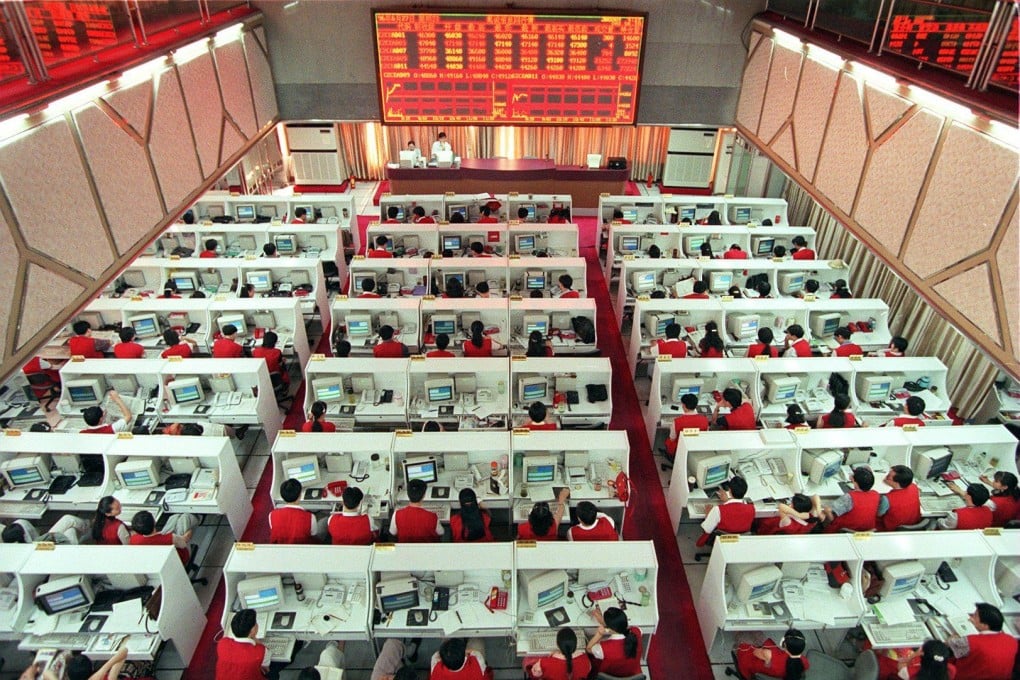Algorithmic trading platforms poised to take a hit as China’s commodity bourses tweak trading rules
- The Dalian Commodity Exchange and the Zhengzhou Commodity Exchange will no longer refund brokers on some of the programme trades executed by their customers
- Previously, they offered rebates that rose as trading volumes increased, and brokers passed on a portion of that to their clients

Chinese commodities exchanges are ending the refunds paid on some automated trades, as the authorities seek to reduce volatility in markets that help set the prices that the country pays for raw materials.
Two of the nation’s four main bourses, the Dalian Commodity Exchange and the Zhengzhou Commodity Exchange, will no longer give refunds this year to brokers on some of the programme trades executed by their customers, according to notices from the exchanges viewed by Bloomberg. Previously, they offered rebates that rose as trading volumes increased, and brokers passed on a portion of that to their clients.
The documents did not say specifically which trades have been targeted, but market participants said they expect an impact on high-frequency trading, which is conducted mainly by foreign investors. The rulings will affect so-called quant strategies generated by computer algorithms that involve the rapid buying and selling of securities, as well as dealing a blow to brokerage revenues that rely on maximising activity.
The two exchanges host contracts across the commodities complex, from metals to energy, chemicals and agricultural products. The most internationally significant is probably Dalian iron ore, which has often drawn scrutiny from the authorities for price gains they’ve attributed to speculation and characterised as excessive. Dalian also trades important farm goods like soybeans and corn on which China is also heavily import dependent.
The Dalian exchange could not be reached for comment. The Zhengzhou exchange did not respond to a request seeking comment. The Securities Times reported on Dalian’s move earlier this week.
“It would be very bad news for the futures companies,” said Michelle Leung, an analyst with Bloomberg Intelligence. High-frequency traders “mainly rely on the rebate to increase their profits. High-frequency strategies are extremely sensitive to trading fees.”